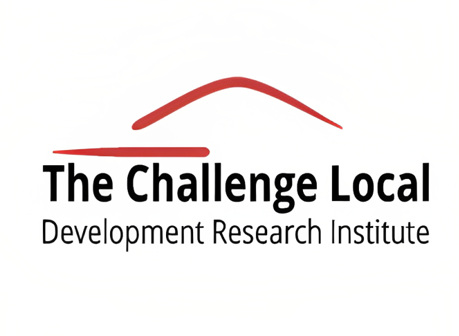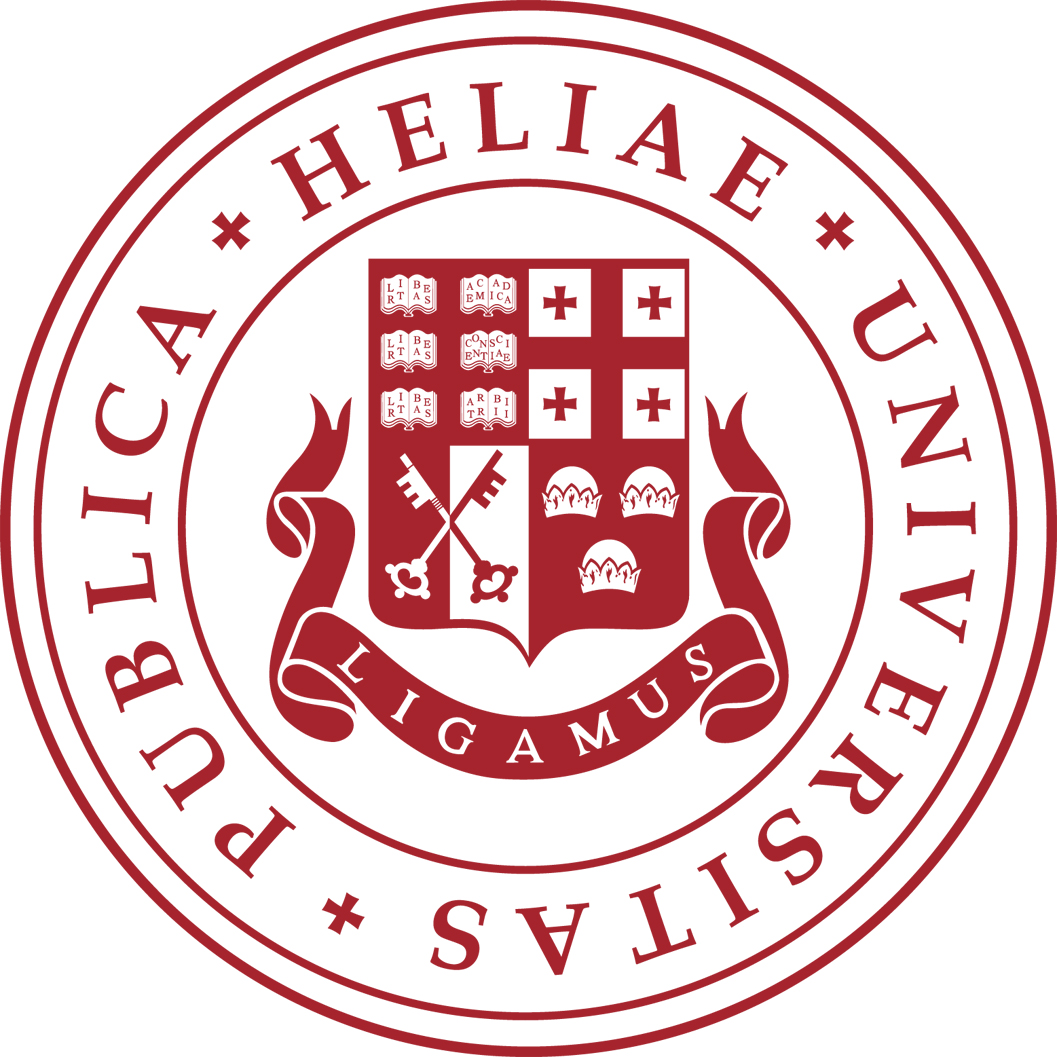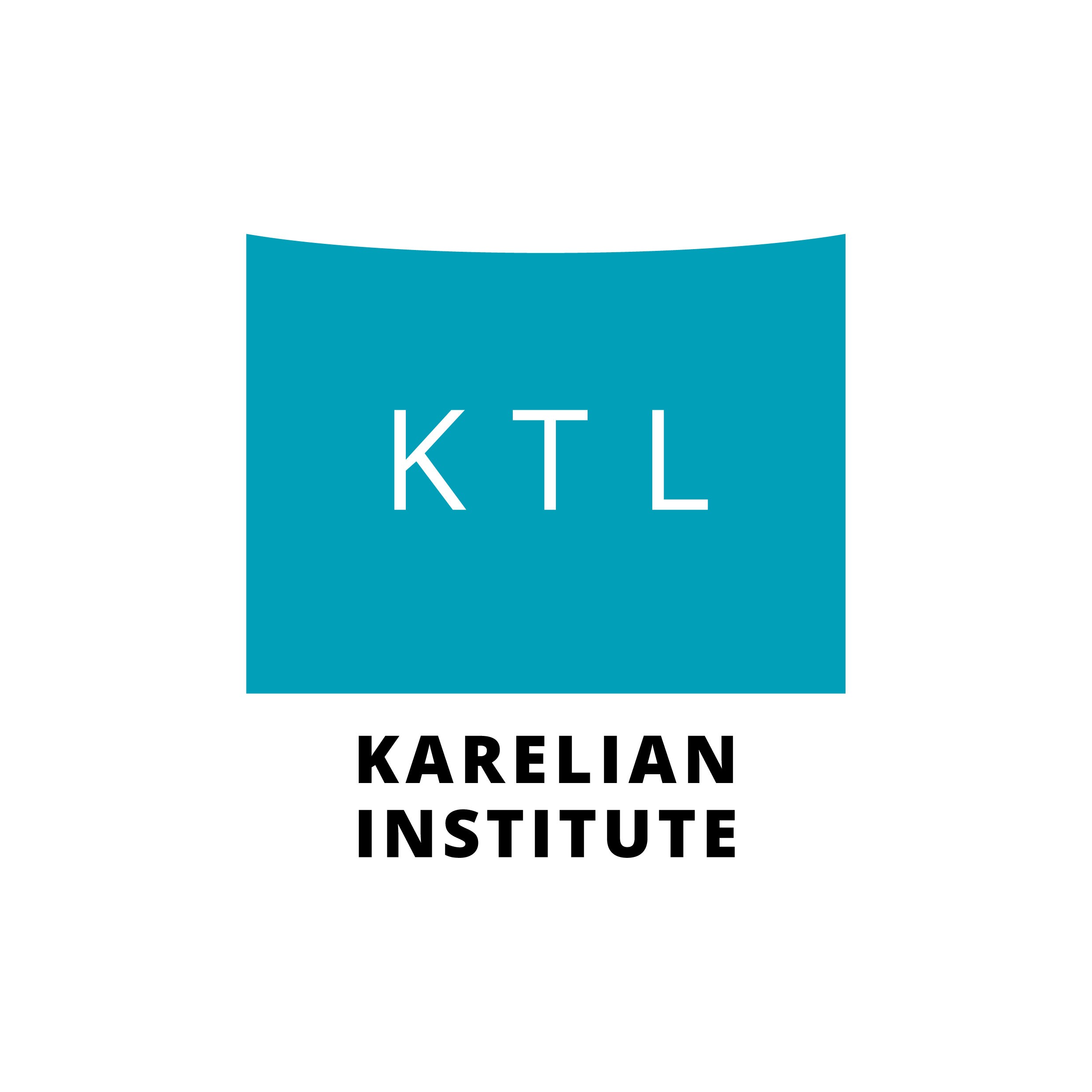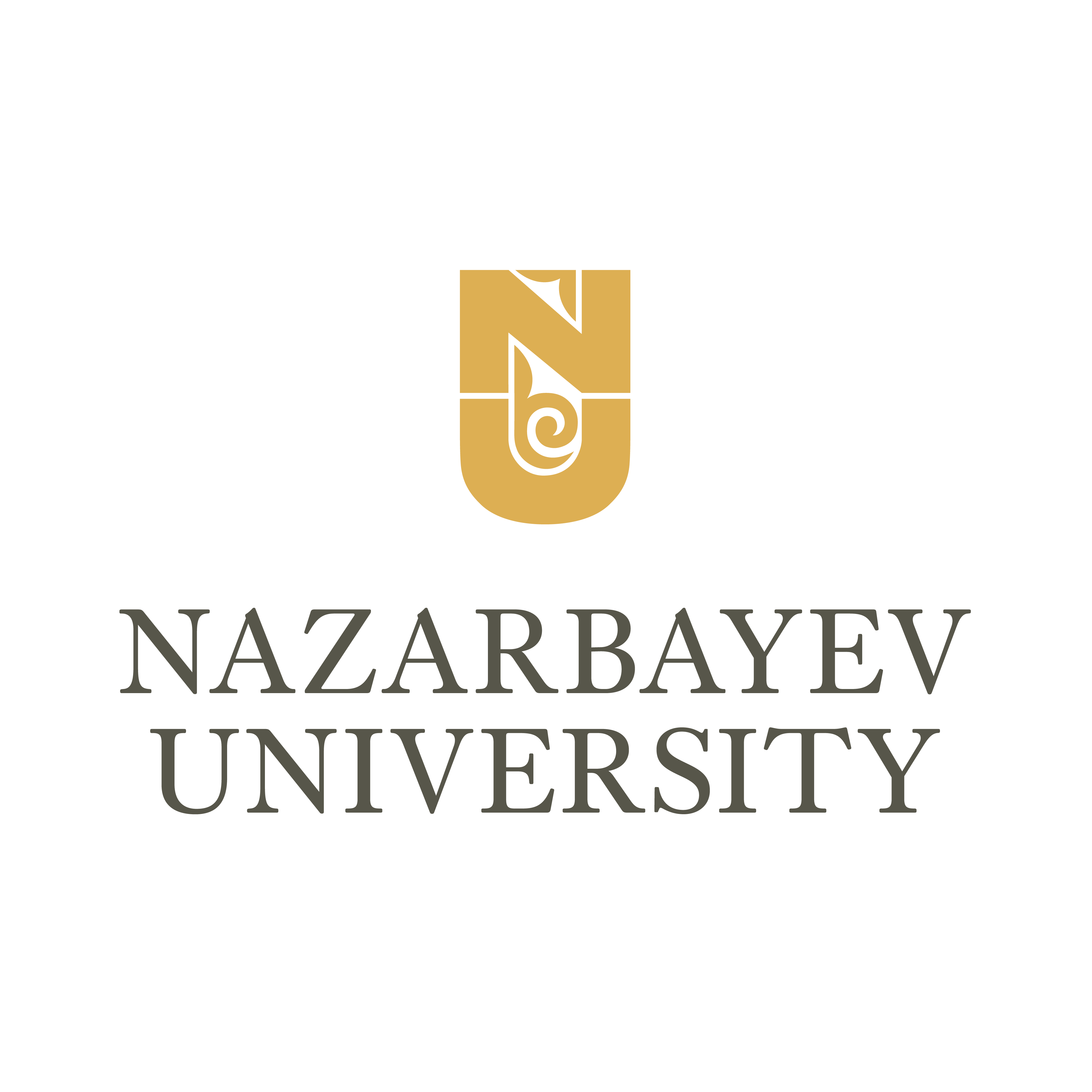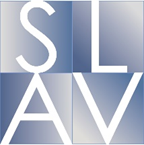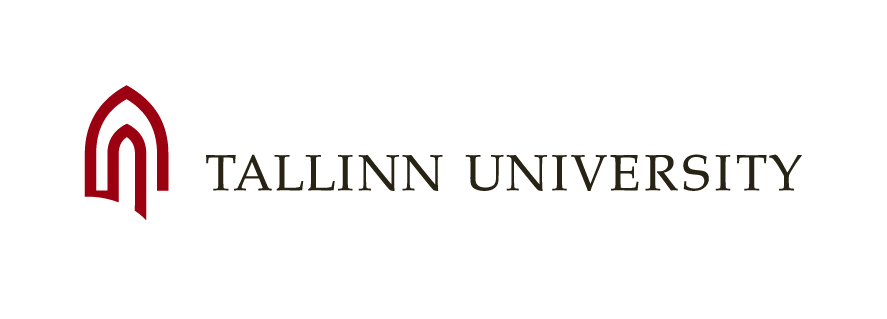Project information
Research project’s title: Crossing borders, building walls. Towards ethnography of Russian war mobilisation
Funding: Polish National Agency for Academic Exchange (NAWA) nr BPN/GIN/2022/1/00082/DEC/1
Dates: 16.01.2023-16.01.2024
Project leader: dr Zuzanna Bogumił
Project host: Institute of Archaeology and Ethnology of the Polish Academy of Sciences
Cooperating Institutions: University of Eastern Finland, Wydział Socjologii UW, Instytut Slawistyki PAN, Nazarbayev University, Ilia State University, Institute of Archaeology and Ethnology NAS RA, Bursa Uludağ University
Contact: e-mail: zbogumil(et)iaepan.edu.pl
Project objectives
The main goal of the project is to investigate the specificity of the migration wave related to mobilisation in Russia announced in September 2022 regarding the ongoing war in Ukraine. Project puts a particular focus on establishing: how do migrants explain their decision to flee from mobilisation? How do they explain the mobilisation? To what extent do they perceive the migration as an individual, social and political act? The project recognizes that the mobilisation is a new pushing factor in the contemporary European and World’s migration crisis, and therefore it requires a separated academic reflection. Moreover, since February 2022, there has been a clear and dynamic increase in the number of Russian diasporas in Europe and around the world, and their status and role require investigation. We therefore focus on Russian migration of mobilisation in order to establish how it fits into the debates about the humanitarian crisis, what are its particular features and how mobilisation as a pushing factor affects the current migration landscape. Within the framework of the project in 8 selected countries - Poland, Finland, Estonia, Georgia, Armenia, Turkey, Kazakhstan and Mongolia - we aim to conduct in-depth interviews (IDI) each with migrants/refugees/fugitives/conscientious objectors of Russian citizenship from different social strata and ethnic groups who crossed the border after the announcement of partial mobilisation in their country. As a supplementary methods we use participant observation and critical discourse analysis (CDA), essential for contextualising this wave of migration in particular countries.
The project involves conducting interviews with people in the migration crisis, which is why we attach great importance to the methodology, ethics, safety of research and securing the collected data. The ethical principles of the project "Crossing borders, building walls" are based on the universal principle of respect for human rights. In the protection and processing of personal data, we follow the principles contained in Regulation 2016/679 - Protection of natural persons with regard to the processing of personal data and on the free movement of such data, and repealing Directive 95/46/EC (General Data Protection Regulation ), and relevant documents applicable to our partners from outside the EU whose countries have not adopted Regulation 2016/679.
Events
Online seminars
Crossing Borders, Building Walls: Implications of the Russian Wars
October, 18 2023 at 9.00 – 10.30am CEST
Florian Mühlfried (Ilia State University), Between Hospitality and Hostility: Russian Citizens in Georgia
My presentation will be divided into two parts. In the first part, I differentiate groups of Russian relokanty to Georgia and emphasise the double discrimination of people from the North Caucasus. In the second part, I will talk about my current research project on encounters of Georgian and Russian hipsters in Tbilisi.
December, 6 2023 at 9.00 – 10.30am CET
Bella Ostromooukhova (Sorbonne University), Children book professionnals between Russia and Exile
My presentation will focus on migration in Russian children's publishing. I will analyze the various ways of cutting ties and maintaining contact with the professional milieu in Russia, and of recomposing networks in exile. I will also examine the positionnings of players in the children's book market in relation to the war in Ukraine and the repressive policies of the Russian government.
February, 7 2023 at 9.00 – 10.30am CET
Nvard Melkonyan (Yerevan State University) and Yuliana Melkumyan (Yerevan State University), Russian relocants in Armenia: the impact of Russian-Ukrainian war
Our presentation will focus on Russians, who relocated their families and businesses to Armenia because of the war outbreak in Ukraine in February 2022. We will analyse the pull and push factors forcing their migration, the patterns of integration in Armenian society and segregation risks. The special emphasize will be on the analysis of the situation, when people flee their own country due to war and settle in a country, which is also in the situation of war.
International Academic Conference
(In)Visible Russian (Anti-)War Migration
March 13-15, 2024, Warsaw
The full-scale aggression of the Russian state against Ukraine on February 24, 2022 triggered new migration, refugee, humanitarian and political crises in European and Asian countries. Russia's aggression forced Ukrainians to flee from the war, but also pushed Russians to leave their country en masse. Russian (anti-)war migrants are people of various social, religious and national backgrounds with different views and attitudes towards Putin’s regime. Their migration affects not only the migrants themselves and the host societies, but also the broader situation in Russia itself. The conference will provide a platform for discussion among researchers from various disciplines and academic backgrounds to approach various dimensions of the Russian (anti-)war migration and investigate responses to it on micro-, meso- and macro- levels.
Conference materials:
CfP
Conference programme
Conference poster
Confrencee is co-funded by the state budget, granted by the Ministry of Education and Science, Republic of Poland, under the programme "Excellent Science II - Support for scientific conferences"

Project team
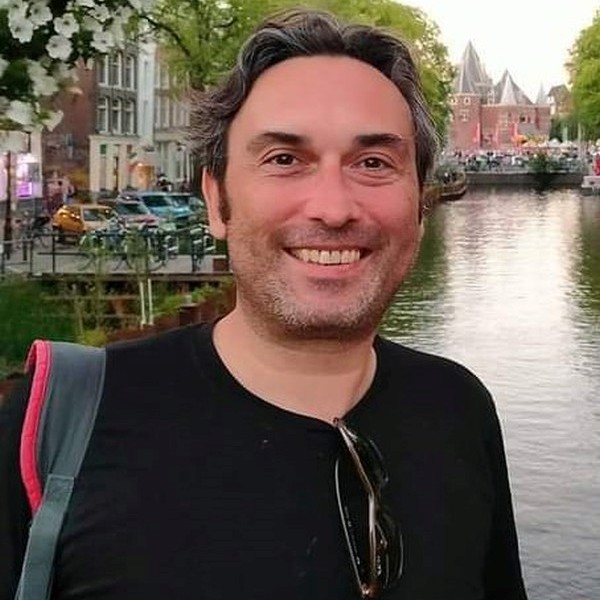
Mustafa Berkay Aydın with a bachelor's degree in Sociology (Ankara University, Ankara, Turkey) and he obtained PhD (2015) in Sociology (Middle East Technical University, Ankara, Turkey). Now, he works as Assoc. Prof. at Bursa Uludağ University Department of Sociology, Bursa/Turkey. He is interesting in digital sociology, sociology of sport, applied sociology, political sociology, migration and sociology of work. He has published some publications in these areas. He conducts researches at Turkey, on the other hand he was at different countries and universities as a visiting reseacrher at his academic process in a various times such as University of Kent (UK), London Metropolitan University (UK) and Stockholm University (Sweden). Detailed Infırmation: https://avesis.uludag.edu.tr/berkayaydin, email: berkayaydin(et)uludag.edu.tr)
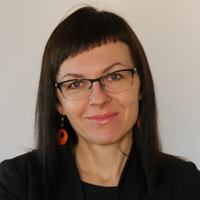
Zuzanna Bogumił (project coordinator) is cultural anthropologist, working at the Institute of Archeology and Ethnology, Polish Academy of Sciences. She specializes in memory studies, museum studies and anthropology of religion. Bogumił is an author, co-author or co-editor of several books, among them: Gulag Memories: The Rediscovery and Commemoration of Russia's Repressive Past (Berghan Books 2018), Milieux de mémoire in Late Modernity. Local Communities, Religion and Historical Politics (Peter Lang 2019). Memory and Religion from a Postsecular Perspective (Routledge 2022). She currently coordinates several projects among them project Post-secular approach to memory processes in Central-Eastern Europe sponsored by Visegrad Found.
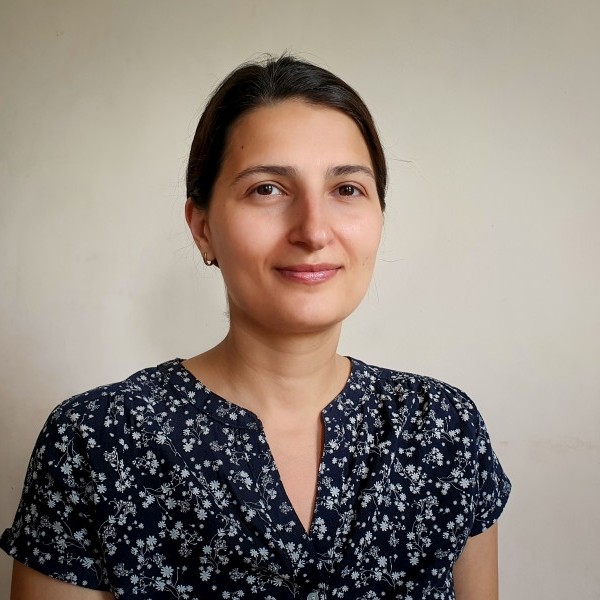
Mariam Darchiashvili is an Assistant-Professor in social and cultural anthropology at Ilia State University, Georgia. Her research interest includes migration and mobilities, informality, and economic and legal anthropology. As a researcher, she has been involved in the following scientific projects: ‘Religiosity among young Georgians’ (2015-2018); ‘Infrastructure and Narratives: Black Sea Networks’ (2018-2019); ‘Surrogacy as Networked Phenomenon: the study of key actors and their interrelations’ (2020-2023), ‘Death in migration: perspectives from the post-Soviet space’ (2021-2022). Her articles have appeared in Nationalities Papers, Journal of Religion in Europe, and Revue Européenne des Migrations Internationales (REMI).
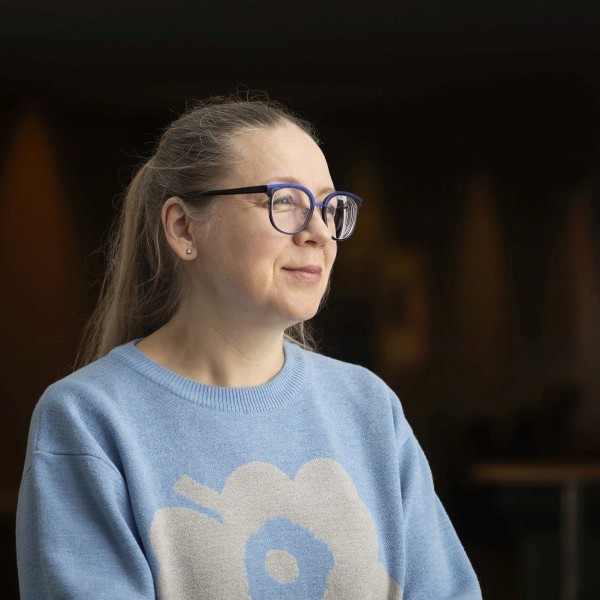
Olga Davydova-Minguet, PhD in ethnology, holds a professorship in Russian and border studies at the Karelian Institute of the university of Eastern Finland. Davydova-Minguet’s main research interests fall within the intersections of migration, cultural, gender and transnational studies. She has studied immigration of Russian speakers to Finland since the beginning of 2000s. With her research group, recently she has conducted research projects focusing on transnational politics of memory in the border areas of Finland and Russia, media use of Russian speakers in Finland, and perceptions of Russia in Finnish border areas among different population groups. Her current Finnish Academy’s funded research project delves into death practices among Russian-speaking immigrants in Eastern Finland, and into the meanings of death in memory politics in bordering Republic of Karelia in Russia and Eastern Finland.
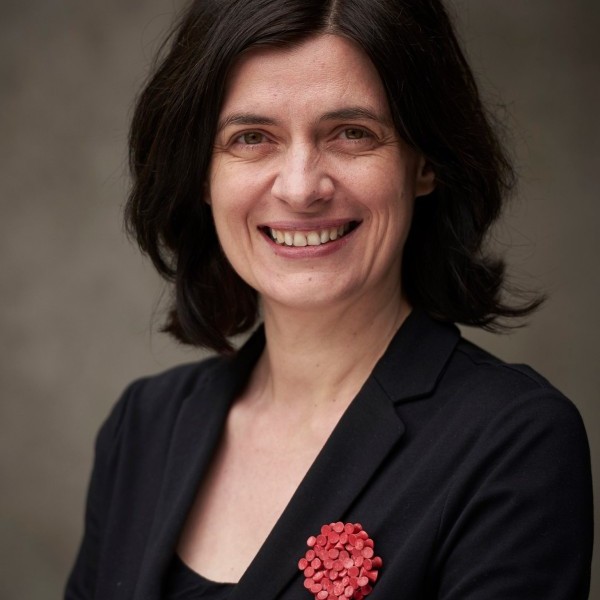
Ketevan Gurchiani is a professor of anthropology at Ilia State University in Tbilisi, Georgia. She is particularly interested in lived religion, the domesticated and undomesticated nature of the city, and informal practices of resistance. Since 2020, Ketevan Gurchiani has been leading the project: "Tbilisi as an Urban Assemblage" (https://urbanassemblage.iliauni.edu.ge). In this project she is interested in different aspects of the intertwining of human and non-human in the city. Ketevan Gurchiani is also involved in the projects "An Anthropology of Gardens Otherwise and Elsewhere", "Surrogacy as Networked Phenomenon", and “Conflict and Cooperation in Eastern Europe”. Webpage https://faculty.iliauni.edu.ge/arts/ketevan-gurchiani/?lang=en

Byambabaatar Ichinkhorloo PhD is the head of the Challenge Local Development Research Institute in Mongolia and a senior lecturer at the Department of Anthropology and Archaeology, National University of Mongolia. Previously, he worked as a lecturer at the University of Zurich and a co-investigator of "Gobi Framework" research project at the University of Oxford. As a social anthropologist, Byamba is studying how people make a living in Mongolia since 1990. His earlier research focused on social networks, pastoralism, and political economy and ecology. Recently, he studies nomadic cultures, state policies, and mining impacts in Inner Asia. His latest publication includes the "Impact of Mining Lifecycles in Mongolia and Kyrgyzstan: Political, Social, Environmental and Cultural Contexts."
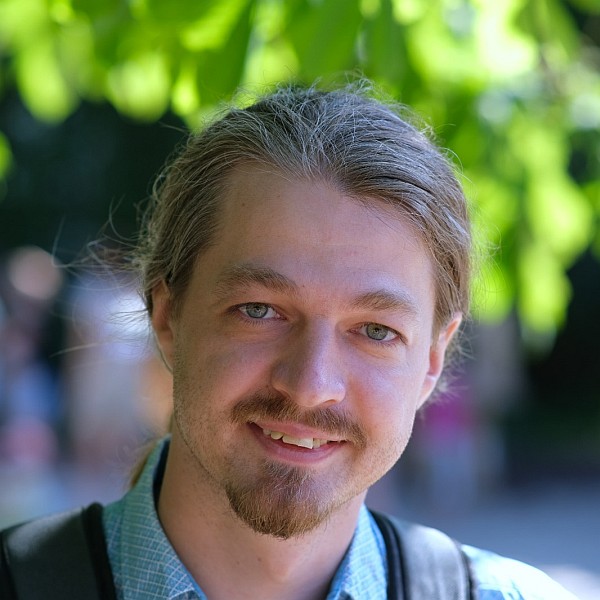
Alexander Makhov is a PhD student at the Graduate School for Social Research (The Polish Academy of Science). He studies the impact of state memory politics on academic history in Putin's Russia. His research interest includes non-democratic politics of identity and academic freedoms in illiberal regimes with a focus on social sciences and humanities.
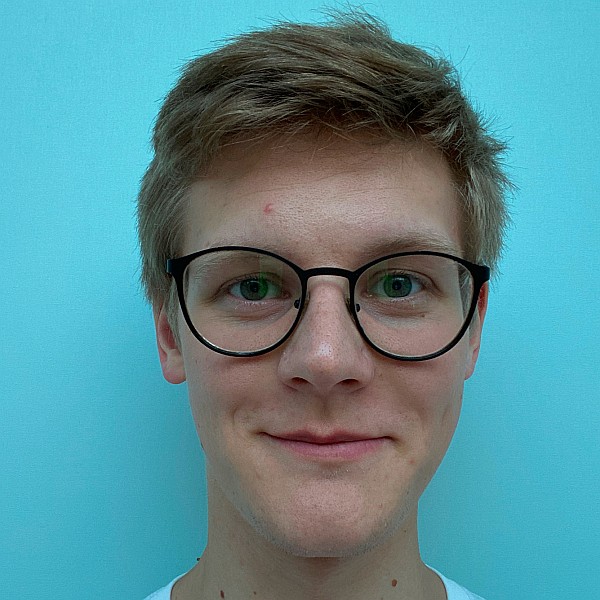
Nikita Mishakov is a PhD student at the Eurasian Studies program, Nazarbayev University, (Astana, Kazakhstan). His research area are migration and border studies, bureaucracy studies and economic sociology. His last project focused on street-level bureaucracies in public Russian social services, emphasizing citizen classification and paperwork's role. His current project focuses on migration patterns from Russia to Kazakhstan after the announcement of partial mobilization by Vladimir Putin in September 2022.
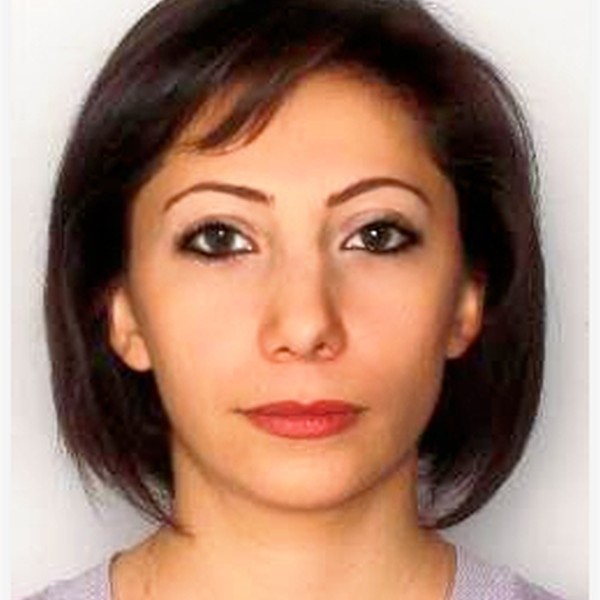
Sona Nersisyan received PhD degree in history and ethnology at the Institute of Archeology and Ethnography NAS RA. I am a senior researcher at the Department of Diaspora Studies at the same Institute. Also, I have an experience of working as a lecturer at the Armenian State Pedagogical University, and Scientific Advisor to the Director of National Institute of Labor and Social Research by Ministry of Labor and Social Affairs of RA.I managed and participated in the international and state research projects in different fields, which include migration, diaspora studies, repatriation studies, social network analysis, investment and socio-economic studies.
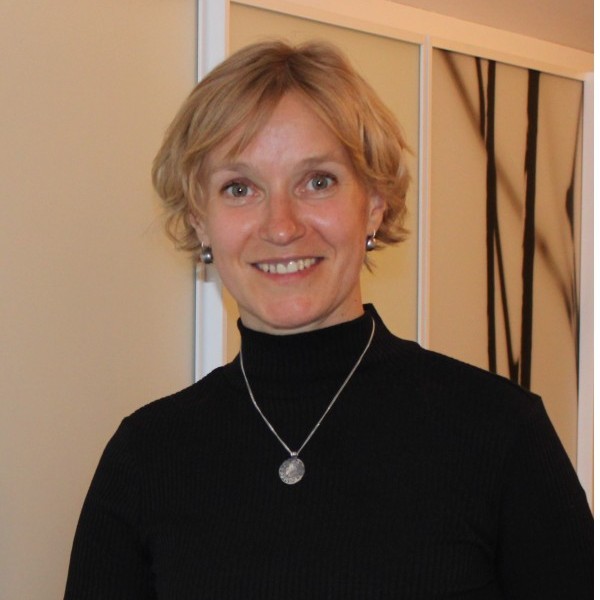
Raili Nugin is a sociologist, working at the School of Humanities, Tallinn University. During her academic career she has studied transition to adulthood, generational conceptualisation, youth mobilities, rural youth, rural-urban relations, memory transmission and social exclusion. Within her different research projects (international and national), she has also studied Russian ethnic minorities in Estonia and recently, Ukrainian refugees in the context of rural-urban networks. She has authored several research articles in different journals (Memory Studies, Journal of Youth Studies, Journal of Rural Studies, Sociologia Ruralis), edited a book about generations (“Generations in Estonia: Contemporary Perspectives on Turbulent Times,” Tartu University 2015) and written a monograph about the generation born in the 1970s (“The 1970s: Portrait of a Generation at the Doorstep,” Tartu University 2015).

Tomasz Rawski is a political and cultural sociologist focused on researching memory politics, nationalism/war and state socialism in contemporary Eastern Europe and beyond. He authored a book on Bosniak nationalism in Bosnia and Herzegovina after 1995 and several articles in renowned journals, including East European Politics and Societies, International Journal of Comparative Sociology and Problems of Post-Communism. He participated in research projects focused on memory politics, including H2020: REPAST and H2020: DisTerrMem. He was a visiting scholar at University College London, Uppsala University and University of Sarajevo.
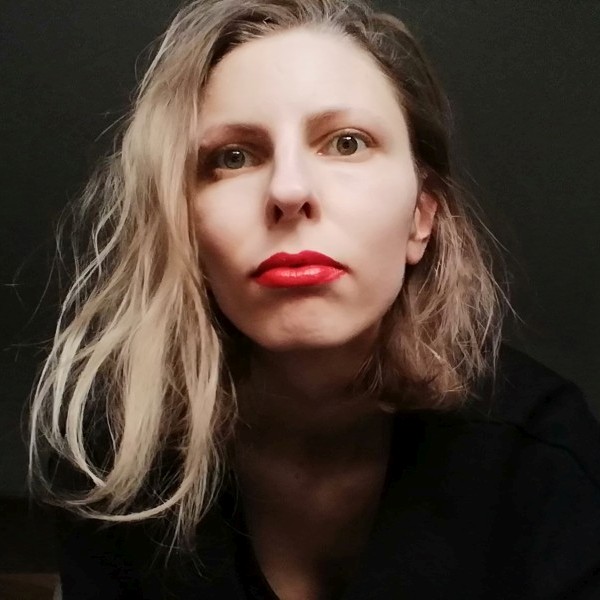
Katarzyna Roman-Rawska, assistant professor at the Institute of Slavic Studies of the Polish Academy of Sciences. Literary scholar, sociologist, publicist and literary translator. She works on the intersection of culture and politics as well as anti-regime and anti-war resistance in contemporary Russia. https://pan-pl.academia.edu/KatarzynaRomanRawska
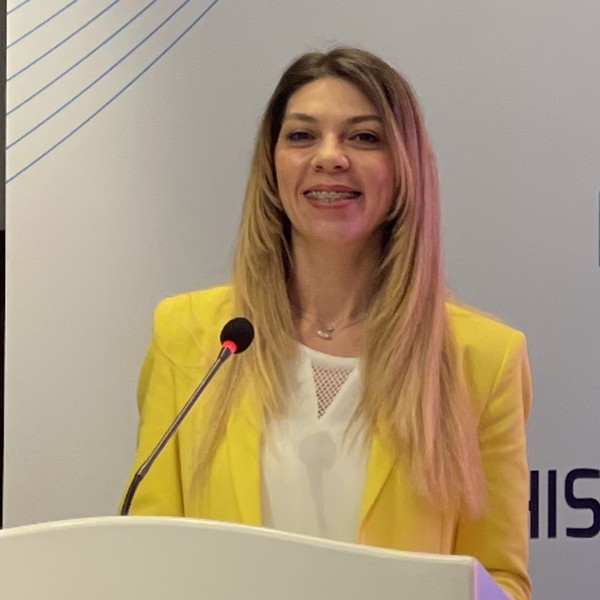
Tamilla Şahin is a PhD student at the Bursa Uludag University, Department of Labour Economics and Industrial Relations. At the same time, I am continuing my doctoral education as project assistant in Priority Migration area within the YÖK 100 / 2000 program. My research interests include immigration, Meskhetian Turks and their social issues.
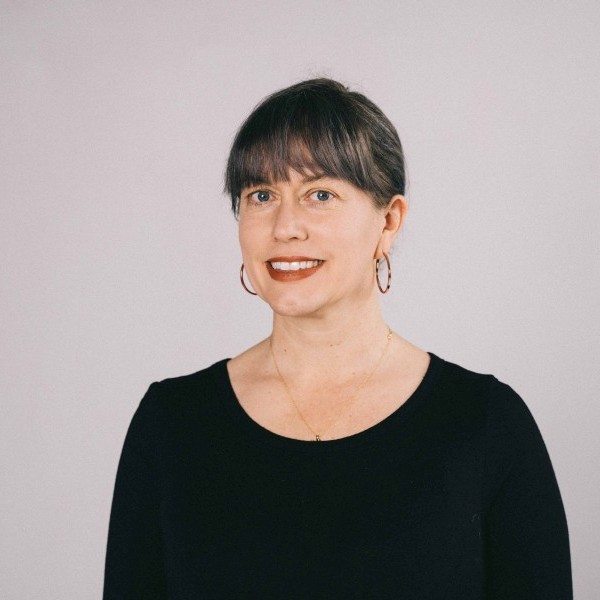
Caress Schenk is an Associate Professor of political science at Nazarbayev University (Astana, Kazakhstan) with teaching and research expertise in the politics of immigration and national identity in Eurasia. Her new book, published with the University of Toronto Press, is called Why Control Immigration? Strategic Uses of Migration Management in Russia. Current and previous research has been funded by the American Councils for International Education, Nazarbayev University and the Fulbright Scholar Program and has been published in Demokratizatisya, Europe-Asia Studies, and Nationalities Papers, and in edited volumes published by Edinburgh University Press and Oxford University Press. Dr. Schenk is a member of the Program on New Approaches to Research and Security in Eurasia (PONARS Eurasia).
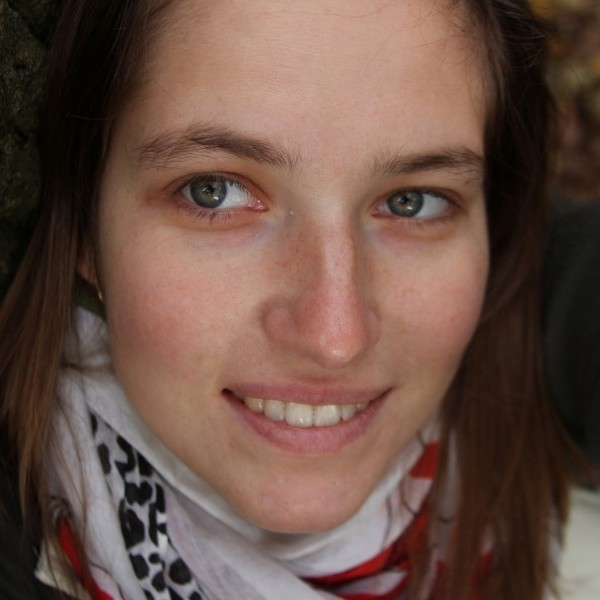
Anna Sokolova is a Kone Foundation Fellow at the Helsinki Collegium for Advanced Studies (University of Helsinki). Her previous research was related to Soviet death and funeral culture, which resulted in the book “A New Death for a New Man? Funeral Culture in the Early Soviet Union” (2022, in Russian). Her current project tends to reveal everyday life in timber production workers’ settlement of late Soviet Karelia.
Project partners
